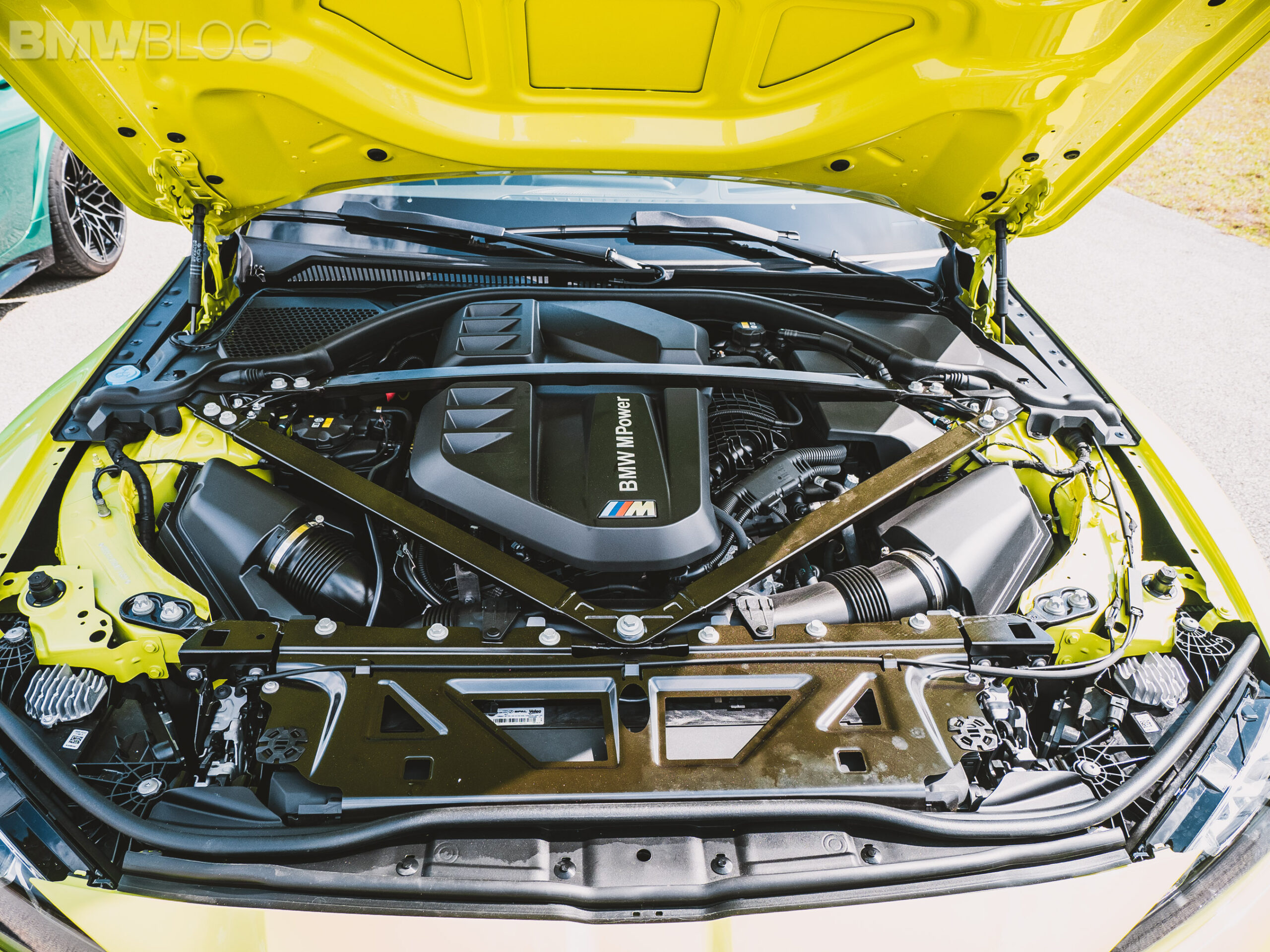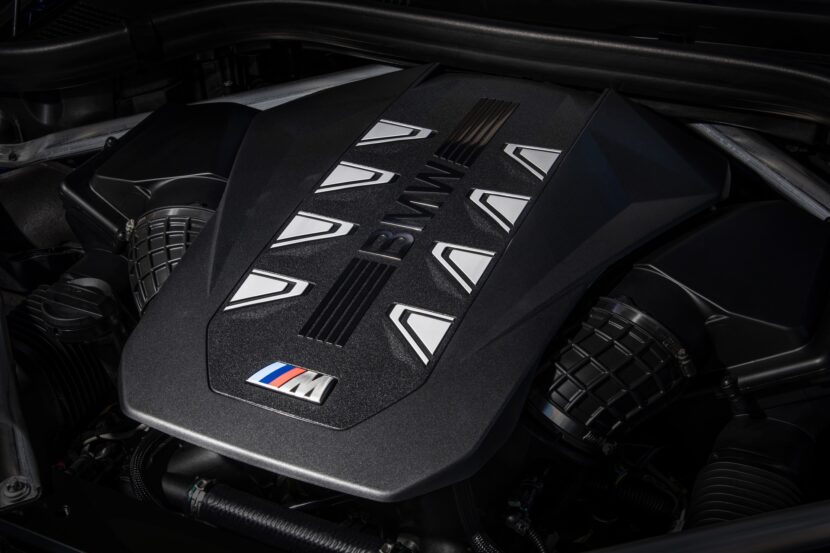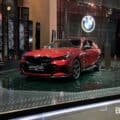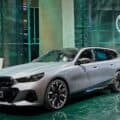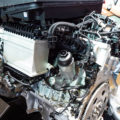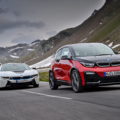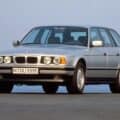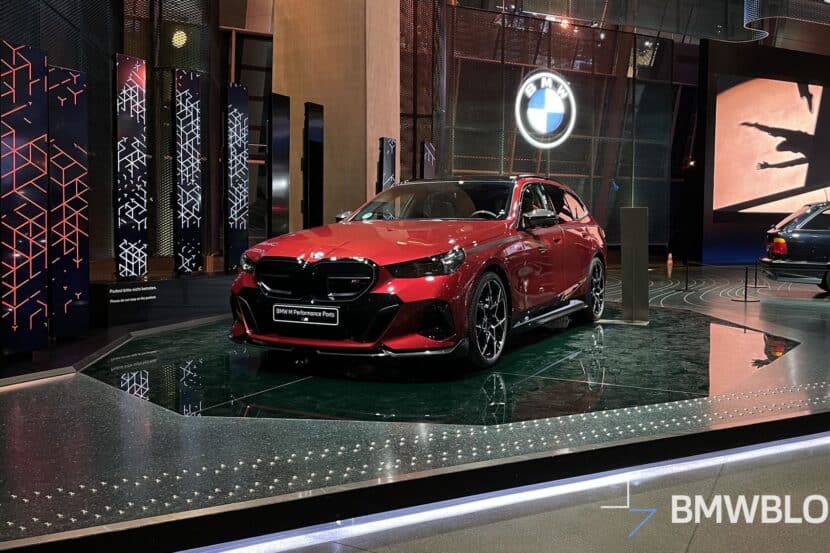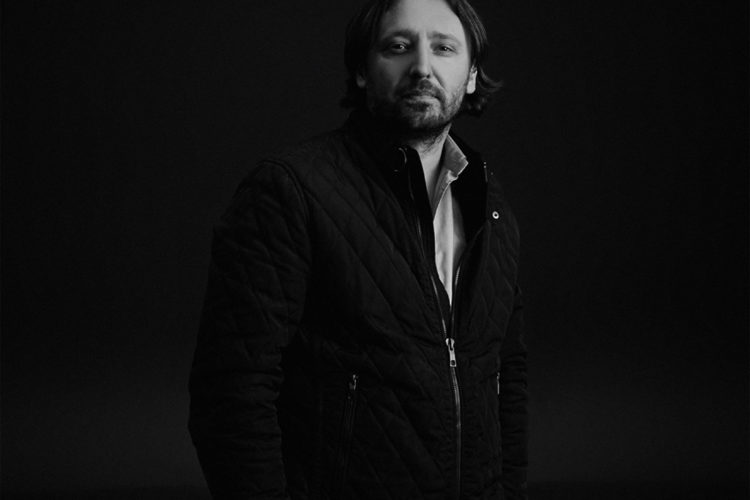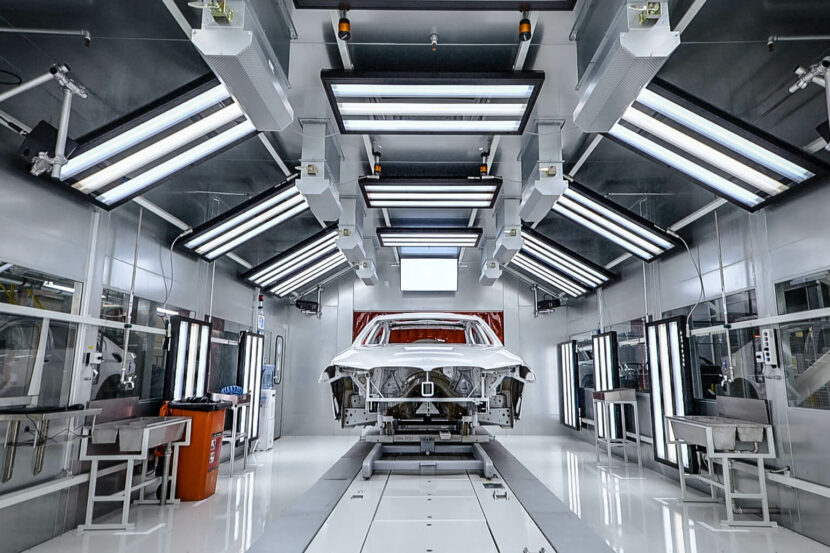The BMW Group’s MINI and Rolls-Royce marques have promised to go fully electric by the end of the decade but the core brand is in no rush to abandon internal combustion engines just yet. Several high-ranked officials from within the company have expressed their concern about how an all-electric car industry just isn’t feasible in the near future due to high EV prices and underdeveloped charging infrastructure.
With that in mind, a new statement made by BMW’s Head of Development shouldn’t come as a surprise. Frank Weber sat down and had a chat with the Australian magazine CarExpert about how the Bavarian marque won’t abandon ICE power anytime soon: “We will not announce any end date of the combustion engine.” He explained customers shouldn’t be forced to pick from a limited number of models after choosing their desired powertrain.
As a refresher, BMW has adopted the “Power of Choice” strategy which implies offering most of its cars with gasoline, diesel, plug-in hybrid, and electric versions. The BMW CTO went on to add he projects the German luxury brand will continue to offer a blend of ICEs and EVs for the next 10 to 15 years before ultimately committing to an electric-only lineup all over the world.
In the meantime, the Munich-based automaker believes EVs will account for more than 50 percent of annual sales ahead of the previously established 2030 target. For 2023, the BMW brand estimates purely electric cars will represent 15 percent of total deliveries compared to last year when only 9 percent of sold cars didn’t have a combustion engine.
Both domestic archrivals have established far more aggressive EV targets. For example, Audi will launch only electric cars from 2026 and end production of ICE-powered vehicles altogether by 2033. As for Mercedes, it has promised to go purely electric by 2030 but only “where market conditions allow.”
Source: CarExpert


